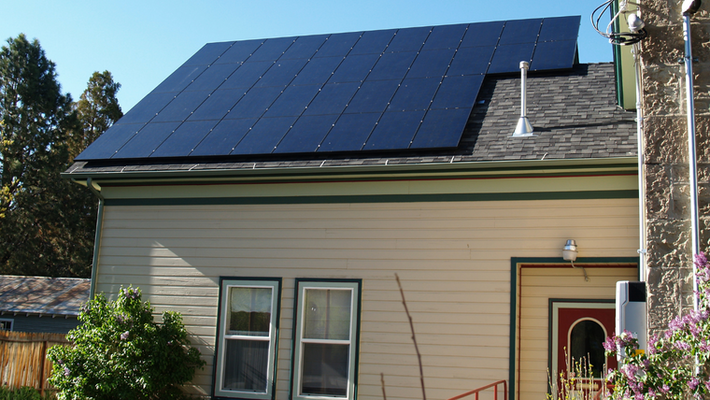- 1-905-452-8193
- Contact Us
- Member Login
- Get Listed Today
- 220,911 members

In a world where sustainability and cost-saving solutions are at the forefront of our minds, residential solar panels have emerged as a beacon of hope. Solar panel installation has become more accessible than ever, providing homeowners with a way to harness the power of the sun and reduce their reliance on conventional energy sources.
In this blog, we will delve into the economics of home solar panel installation, exploring how it can benefit your wallet and the environment simultaneously.
When considering residential solar panels, the first question that often comes to mind is, "How much will it cost?" Solar panel installation does require an initial investment, which includes the cost of the panels, inverters, and installation itself. However, this cost can vary widely depending on your location, energy needs, and the quality of the components. While it may seem daunting at first, it's essential to remember that this upfront expense is an investment with a remarkable return.
One of the most compelling aspects of solar panel installation is the potential for a high return on investment. As you generate your electricity through solar energy, you reduce or even eliminate your reliance on grid electricity. Over time, the savings on your monthly energy bills add up, eventually offsetting the initial installation cost. In many cases, homeowners see a positive ROI in as little as five to seven years, making solar panels a smart financial move.
To encourage the adoption of solar panel installation, governments around the world offer various incentives and tax benefits. These incentives have the potential to substantially lower the initial expenses associated with solar panel installation. For example, in the United States, the Federal Investment Tax Credit (ITC) allows homeowners to deduct a percentage of their solar panel installation costs from their federal taxes. Local and state incentives may also apply, making solar even more economically appealing.
Aside from the immediate financial benefits, residential solar panels offer long-term savings and energy independence. As the cost of grid electricity continues to rise, your solar panels provide a stable, predictable source of energy. Moreover, solar panels typically come with warranties spanning 20 to 25 years, ensuring that you have access to clean, renewable energy for decades, all while shielding yourself from rising energy costs.
Beyond the economics, solar panel installation has a profoundly positive impact on the environment. By harnessing the power of the sun, you reduce your carbon footprint, decrease greenhouse gas emissions, and contribute to a more sustainable future. Residential solar panels play a vital role in combatting climate change and preserving our planet for future generations.
In conclusion, the economics of home solar panel installation are undeniably compelling. While there is an initial investment, the return on investment, government incentives, and long-term savings make it a wise financial choice. Additionally, the positive environmental impact cannot be overstated. By embracing residential solar panels, you not only save money but also contribute to a greener, more sustainable world. So, if you're looking to reduce your energy bills, gain energy independence, and make a positive impact on the planet, consider solar panel installation for your home. It's an investment that yields returns in multiple aspects.
